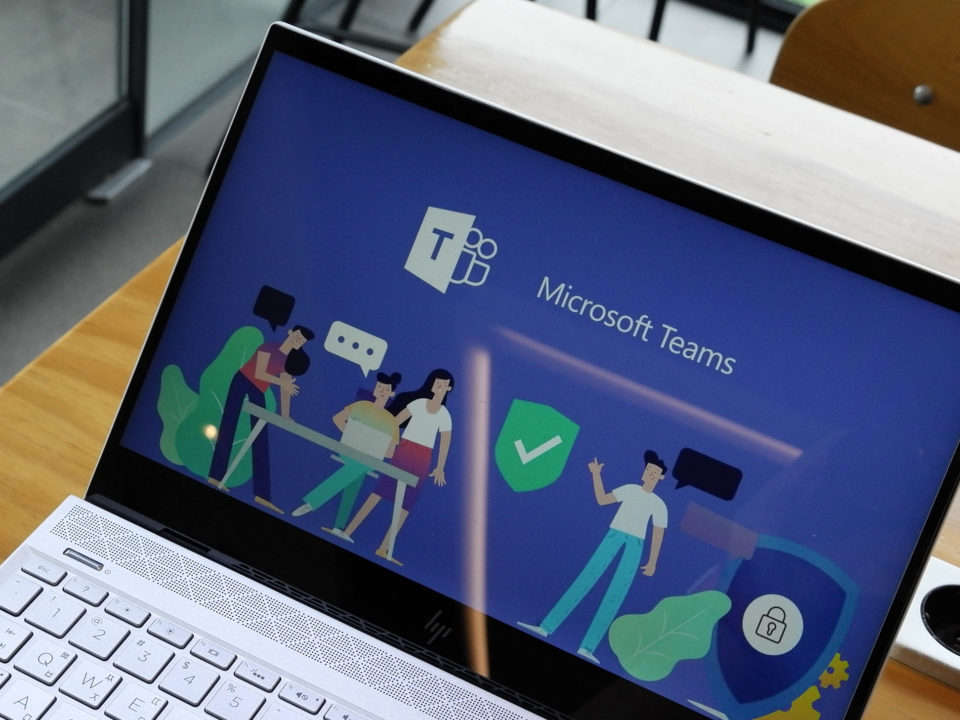On July 14, 2015, Microsoft will stop supporting Windows Server 2003 products. In technical terms, this is the "end-of-life" date. Servers won’t spontaneously combust, but for business users, the results could be just as grave.
For a few years after the release of an operating system, Microsoft provides users with updates and extensive customer support options. This stage of the operating system’s lifecycle is known as the mainstream support period. After the mainstream support period, the operating system enters an extended support period. At this point, Microsoft only offers extended customer support and key security patches. As a general rule, both the mainstream support and extended support periods each last five years, although Microsoft will sometimes extend them.
After the extended support period, Microsoft stops providing security updates for the operating system. These updates are crucial for cyber security since they patch security holes. Customers who are still using a Microsoft product after the end of support often find themselves in a difficult dilemma. They must find an alternative to the product or risk cyber security breaches.
Learning from the 2014 Microsoft XP Crisis
As of July 2014, an estimated 24 million servers worldwide were using Windows Server 2003. Unless action is taken, these servers will be vulnerable to cyber attacks when support for the operating system ends.
A similar situation occurred before the end of support for Windows XP. Businesses across the world scrambled to keep their systems safe before the deadline. Many rushed to find an alternative operating system. Others entered into expensive custom service agreements with Microsoft. Custom service agreements can cost hundreds of thousands of dollars, and are little more than stopgap solutions as businesses eventually must upgrade.
The end of support for Windows XP also presented problems in terms of hardware and software. With regards to hardware, Windows XP drivers were unlikely to be available again. New hardware would either not function, or function in a very limited way using old drivers. Moving forward, software would also fail to support Windows XP, and even worse, old software could become an entry point for malware.
The best course of action in these situations is to find an alternative operating system, preferably well before the deadline. This process, of moving from one operating system to another, is called migration.
Migration
Migration is a multi-step procedure that can take several months to complete. According to the Microsoft Migration Planning Process, the main phases include planning, preparing, coexisting, and finally, migrating. Each of these phases contains numerous steps.
During migration, a company must select an alternative to their existing technology. Newer server operating systems like Windows Server 2008, Windows Server 2008 R2, Windows Server 2012, and Windows Server 2012 R2 are viable alternatives to Windows Server 2003. Shifting services into the cloud is another option, especially for companies looking to move away from physical servers.
Choosing the right approach to migration is tremendously important. After all, this choice will guide a company’s direction for years to come. As such, decision-makers should look to IT professionals for guidance and help.
Businesses that do nothing at the Windows Server 2003 end of support will increase their odds of facing a cyber criminal attack. Nevertheless, there are some measures that can be taken to mitigate the security risks. These include isolating weak points, preventing infiltration, and minimizing the impact of security breaches. While such efforts are not as effective as migration, they can limit cyber security dangers.
Conclusion
The end of support for Windows Server 2003 presents a challenge for many businesses. However, the key to managing this situation is developing a course of action that minimizes both data loss and impact on the business.
Contact an experienced IT service provider to get started as soon as possible.
Conclusion
Click here to download our White Paper | https://goo.gl/dHSD8c
–––––––––––––––––––––––––––––––––––––––––––––
About CHIPS Computer Services
CHIPS Computer Services is an award winning Managed Services Provider specializing in help businesses increase efficiencies and profits by levering properly managed technology. To learn how CHIPS can help your business, email us at sales@chipscs.com to schedule no cost business assessment.



